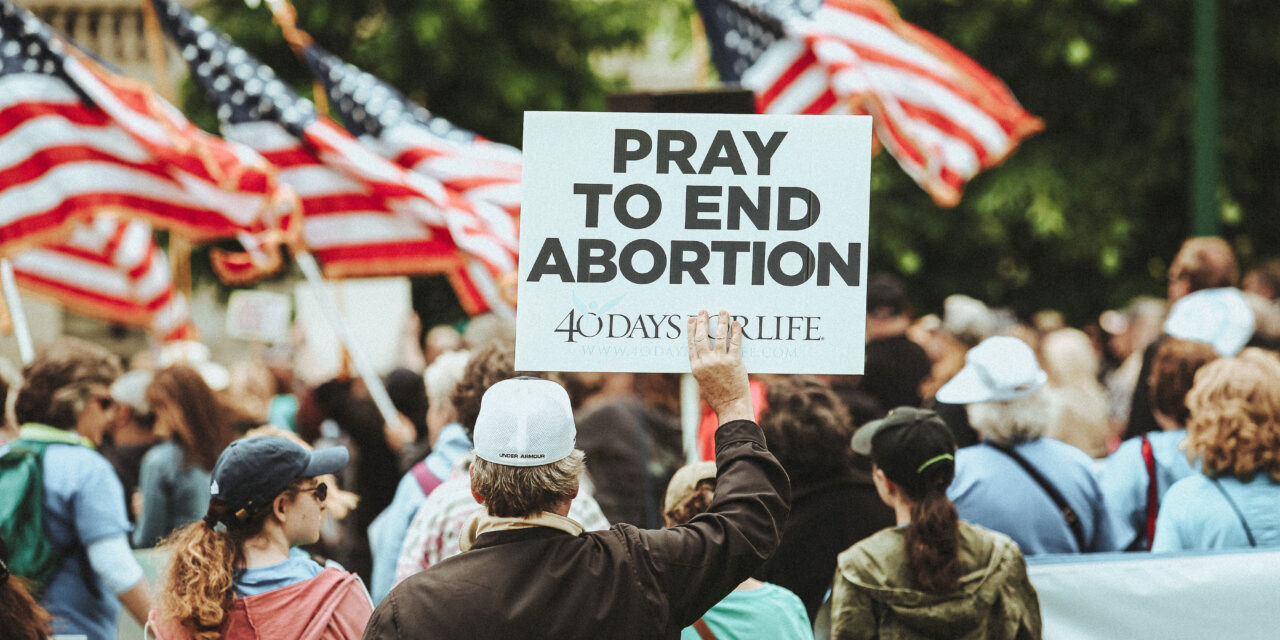Last night, liberal attorney Janet Protasiewicz defeated conservative Judge Daniel Kelly in the race for the Wisconsin Supreme Court. With over 95% of the votes reported in, Protasiewicz defeated Kelly 55.5% to 44.5%.
The election flips the control of the Wisconsin Supreme Court from a 4-3 conservative majority to a 4-3 liberal one. According to The New York Times, “Liberals will hold a court majority until at least 2025, when a liberal justice’s term expires. A conservative justice’s term ends in 2026.”
In particular, the defeat is a massive setback for the pro-life movement in the Badger State; Protasiewicz ran as a declared pro-abortion liberal.
Protasiewicz’s official campaign website asserted that the U.S. Constitution is “under attack by radical right-wing extremists.”
In reference to her support for abortion and same-sex marriage, Protasiewicz’s website states, “For almost my entire life, the constitutional right to privacy has been settled law. We know it’s not up to the government to decide who we can or can’t love.”
Of note, Protasiewicz’s statements sound like a politician running for office – not an attorney running for a nonpartisan judicial seat.
After the U.S. Supreme Court overturned Roe v. Wade last year, Wisconsin’s 1849 ban on abortion took effect. However, the state’s Democrat attorney general Josh Kaul is challenging the state’s law in court, with arguments scheduled for May 4. The case is almost certain to land before the Wisconsin Supreme Court.
Wisconsin Family Action, a Focus-allied state family policy council, had supported and encouraged Wisconsin voters to vote for Kelly; the group spent $225,000 on a statewide advertising campaign to support him.
“Basically everything we value is at grave risk with the balance of the Wisconsin Supreme Court on the line,” Julaine Appling, president of Wisconsin Family Action, had said.
“Low bail/no bail policies for hardened, repeat criminals; the life of the unborn; parental rights; boys playing in girls’ sports; school choice; and religious freedom are just a few of the issues that will likely find their way before our state’s highest court— significant issues affecting all Wisconsin families,” she added.
Elections have consequences, and the full effects of last night’s election will likely not be felt for years.
So, what are the lessons we should take away from this defeat?
First, conservatives should remember that money matters in electoral politics.
The Wisconsin court race became the most expensive judicial election in American history.
Estimates put total spending on the race north of $45 million, which is three times more than the total spending on any other statewide judicial race. The previous record was $15 million spent in the 2004 Illinois Supreme Court election.
Liberal donors funneled millions of dollars to support Protasiewicz, who received millions of dollars more than Kelly. WisPolitics reports that $24.4 million was spent backing Protasiewicz, while $19.2 million was spent backing Kelly or opposing Protasiewicz.
Yet, Protasiewicz’s advantage was exacerbated since her campaign raised and spent more than $13 million of that total. Media outlets must legally charge candidate’s official campaigns the lowest commercial rate for purchased advertisements. However, outlets don’t have to do the same with independent group expenditures.
Nearly all the money backing Kelly was spent by independent groups, with Kelly’s official campaign spending just $2.4 million.
In other words, not only was more money spent backing Protasiewicz, but also the money that was spent on her behalf was able to accomplish more.
Conservatives must be wise with our dollars and prudent with where to send them. Small grassroots dollars sent to specific campaigns matter far more than large-dollar donations to super PACs.
Second, conservatives must realize how energized the left and pro-abortion groups and individuals are now that Roe has been overturned. Citizens who see abortion as an extension of their “right to bodily autonomy” are even more motivated to defend that “right.”
As one example, consider Massachusetts state Rep. Erika Uyterhoeven, who last year characterized the overturning of Roe as an “existential threat,” a “violent attack on health care” and an “existential crisis.”
The pro-life movement must match the energy of the pro-abortion side if we want to protect life in the womb.
Al Mohler made this exact point on his April 5 episode of “The Briefing.”
“It’s a reminder to us that the fight for the dignity and sanctity of unborn life certainly wasn’t over with the Dobbs decision. As a matter of fact, it has largely energized pro-abortion dimensions and pro-abortion forces in this country,” Mohler said.
“The long-term test for the pro-life movement is not what took place between Roe and Dobbs, but what takes place after Dobbs reversed Roe,” he added. “That’s where we’re on the line and our credibility is very much in question.”
Elections have consequences, and we should acknowledge the negative impact that last night’s election will have on Wisconsin, as well as the lives of preborn babies in that state.
However, elections are like seasons. They’re always changing. So, as conservatives recognize and accept yesterday’s results, we should also look forward to and prepare for those elections yet ahead.
Photo from Shutterstock.






